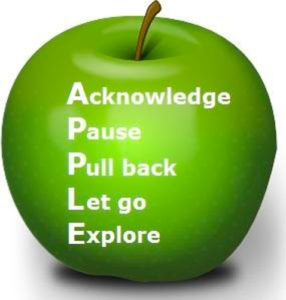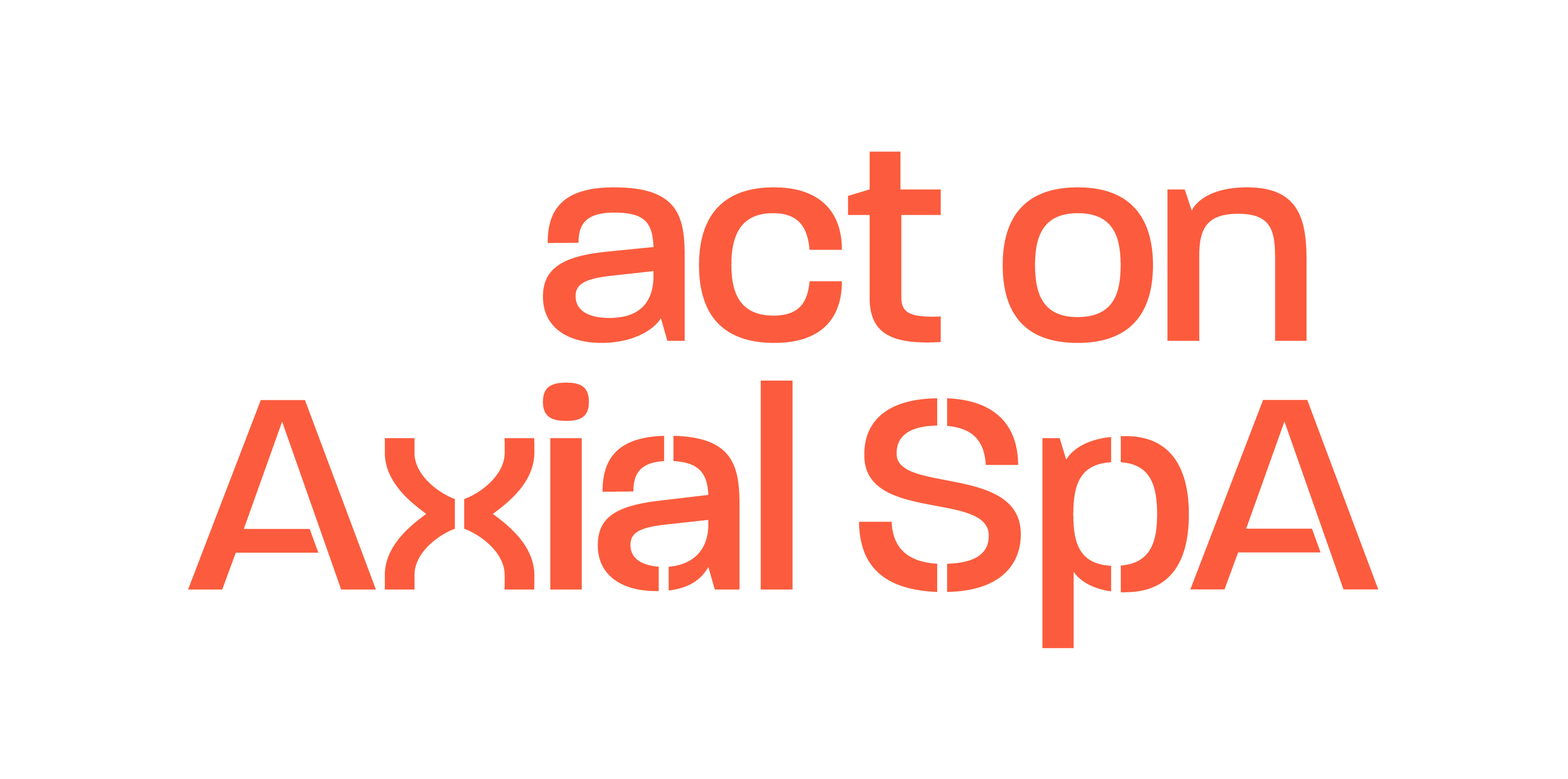Anxiety is a common condition that all of us will have experienced at some time in our lives, whether it was that anxious moment before a driving test, going to the dentist or before important exams.
But for some people the overwhelming feeling of anxiety can be extremely debilitating and serious impact their quality of life.
But what is anxiety and why do we all feel it to some extent or other?
Anxiety is the feeling of unease or fear we get when faced with threatening or difficult situations. It is a normal and sometimes helpful emotion to experience.
However, if the anxiety becomes too strong or is there all the time, anxiety can become a long-term condition or disorder.
There is a wealth of factors that can influence or cause us to experience anxiety from genetic factors, imbalances of the brain chemicals serotonin and noradrenaline which regulate and control our mood, learnt behaviours e.g. Specific phobias and traumatic experiences
Stress, work life balance and financial pressures are also often cited as a cause of anxiety.
But for many of you reading this blog it is the worry and fear of a long-term illness or the lengthy process of being tested and waiting for a diagnosis of axial SpA that will be the reason for your anxieties.
So, what can you and those around you do to help?
For mild anxiety there are various measures and self-help tools and techniques that can help you to manage.
Simple things like making sure you are getting regular exercise, even just a gentle walk around your local neighbourhood will help with you mental well-being.
A healthy diet is also important. There is now over-whelming evidence to support the fact that gut microbes (collectively called the microbiota) have a major impact on our brains and our behaviour, especially in stress related disorders such as anxiety.
Peer support groups, anxiety management courses and our Calm Club are also ways you may find helpful to learn more about anxiety and how to manage it using self-help techniques. Details of our services can be found here https://www.anxietyuk.org.uk/get-help/anxiety-uk-courses-and-groups/
One of the key techniques we recommended was the APPLE technique to help you manage you anxiety, which is a technique we discovered on www.getselfhelp.co.uk .

The five phases of the APPLE technique are –
- Acknowledge – Notice and acknowledge the uncertainty as it comes to mind.
- Pause – Don’t react as you normally do. Don’t react at all. Just pause and breathe.
- Pull back – Tell yourself this is just the worry talking, and this apparent need for certainty is not helpful and not necessary. It is only a thought or feeling. Don’t believe everything you think. Thoughts are not statements or facts.
- Let go – Let go of the thought or feeling. It will pass. You don’t have to respond to them. You might imagine them floating away in a bubble or cloud.
- Explore – Explore the present moment, because right now, in this moment, all is well. Notice your breathing and the sensations of your breathing. Notice the ground beneath you. Look around and notice what you see, what you hear, what you can touch, what you can smell. Right now. Then shift your focus of attention to something else – on what you need to do, on what you were doing before you noticed the worry or do something else – mindfully with your full attention.
Another grounding technique we recommend you try is the Five Senses exercise, which really is just as it sounds, so think of –
5 – SIGHT: Find 5 things that you can see – say these out loud.
4 – HEAR: Find 4 things that you can hear – say these out loud.
3 – TOUCH: Find 3 things you can touch – say these out loud.
2 – SMELL: Find 2 things that you can smell – say these out loud.
1 – TASTE: Find 1 thing that you can taste. Say this out loud.
And then take a deep breath.
The other technique you may find helpful is to distract yourself with other activities. Things like focussing on the world around you can help distract you from anxious thoughts, like counting the number of bricks in a wall, or number of ceiling tiles above you.
Or maybe try naming as many words as possible beginning with the starting letter of your name, count passing cars or people or try counting backwards from 100.
If your anxiety is so great that it is stopping you from functioning normally it may be best to make an appointment to see your GP who may refer you to a talking therapy service on the NHS. Anxiety UK also has its own therapy service and more details can be found here https://www.anxietyuk.org.uk/get-help/access-therapy/
For further information
Anxiety UK offers a wide range of support including a national, reduced cost Approved Therapy Service with therapists trained in Cognitive Behavioural Therapy, (CBT), Compassion Focused Therapy (CFT), clinical hypnotherapy and counselling all available either face to face or via phone or web. For further information contact the national Anxiety UK helpline on 03444 775 774 or visit: www.anxietyuk.org.uk

